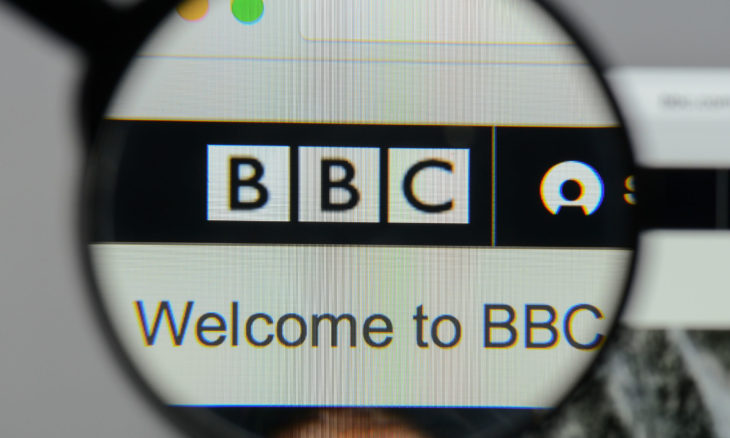Things go wrong when you move quickly. Hey, things go wrong when you move slowly or even when you do nothing too!
We at Consultants Collective talk a lot about change, and about resets, and pivots…and these are precisely the points where things can easily go sideways if you’re not careful. Unfortunately, things can go bad even when you are careful.
The world has recently had a perfect, horrible, embarrassing, mortifying example of what can happen when something goes wrong, and the company involved does precisely the wrong thing.
Instead of coming clean, it looked the other way; instead of fixing, it covered up; instead of moving on with a fresh start, it left a ticking time bomb in the heart of the corporation that blew up in an extraordinary fashion 25 years later, leaving a devasting trail of destroyed personal, professional and corporate reputations in its wake.
And yes, it could happen to you too.
The company is the BBC, one of the world’s most trusted names in news. The story couldn’t have been bigger, Princess Diana speaking candidly about her marriage to the heir to the throne, in a way that made their divorce inevitable. The scandal, however, was that the BBC violated not only its own guidelines but fundamental journalistic ethics in getting the interview by using forged documents and lies. And then it looked the other way and covered up, until now when the bomb was finally exploded by an independent forensic investigation, the full blistering text of which you can read here .
The lessons, for any company, big or small are clear:
1. Make ethics heart and soul of your company. It’s no good having a lovely document of principles and rules hidden on your corporate intranet if nobody ever reads them. People watch what YOU do and hear what YOU say: weave your principles into every interaction you have with employees and contractors (yes, your contractors’ behavior reflects directly back on you, even if you don’t employ them directly). This shouldn’t be heavy handed; good communicators know (or can learn) how to be subtle but effective.
2. If you get a whiff of something that’s not quite right, investigate quickly, thoroughly, objectively and comprehensively. Treat whistleblowers (the BBC had them but ignored them) with respect – that doesn’t mean you should believe everything, but you need to investigate and probe.
3. Make sure you can be objective and impartial. Every company ends up having a bit of a club-like culture (some more, some less) – we work together, experience highs and lows together, grow up in the company together, train together. It is hard to investigate colleagues whom you know as people. So, if you think you can’t do it yourself, don’t. Bring in an outsider – an internal legal team, an external law firm, an independent consultant, an independent board member – someone who has no personal stake in anything but getting to the truth.
4. Worry about your long-term reputation, not the short-term embarrassment. The old cliché “the cover-up is worse than the crime” is absolutely true. It is always so much better to come clean right away, no matter how embarrassing, than to live a lie that will eventually come out. And almost all things eventually do come out.
5. Have a solid, honest communications plan both internally and externally. Get your message straight and get all in senior positions speaking with the same voice about your



